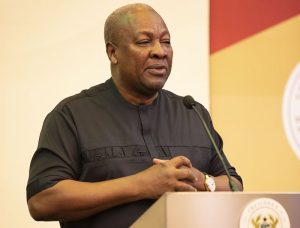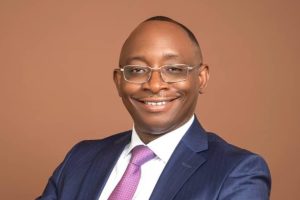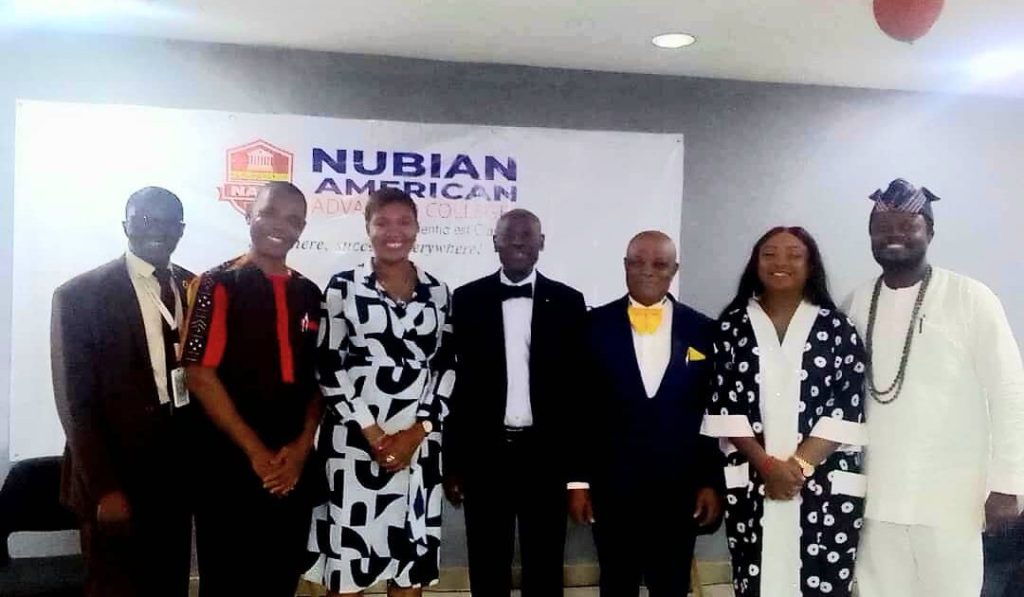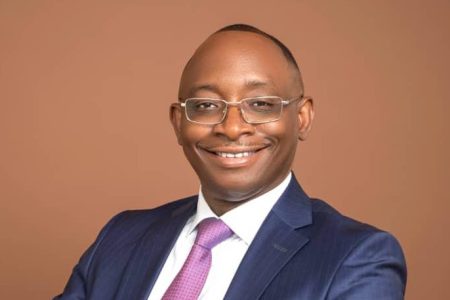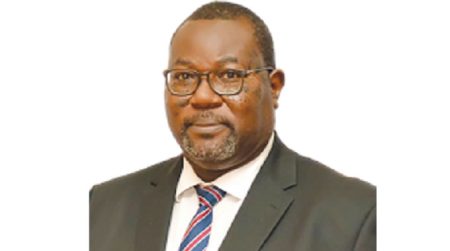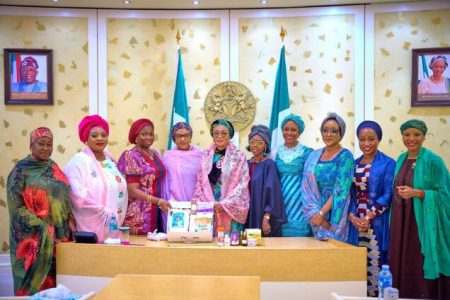The 2025 Business Leadership Roundtable, organized by Nubian American Advanced College (NAAC), served as a crucial platform for stakeholders to address the pressing need for reforms in Nigeria’s tertiary education sector. The overarching theme, “Realigning Tertiary Education for Nigeria’s Growth and Sustainable Development: A Conceptual Framework,” underscored the urgency of bridging the gap between academic curricula and the evolving demands of the labor market. The roundtable brought together prominent figures from government, academia, industry, and the international community, fostering a multi-faceted discussion on the challenges and potential solutions for enhancing graduate employability and driving sustainable development in Nigeria. The consensus among participants was clear: a paradigm shift is necessary to equip graduates with the skills and knowledge required to thrive in the 21st-century workforce.
A central theme of the roundtable was the critical need for stronger collaboration between academia and industry. Kiri Wakama, Chairman of the occasion, emphasized that theoretical knowledge alone is insufficient in today’s dynamic job market. He urged educational institutions to prioritize practical experience, foster innovation, and forge robust partnerships with employers. This sentiment was echoed by Dr. Azhinoto Ikpah, Chief Promoter of NAAC, who stressed the importance of aligning educational outcomes with industry expectations. He highlighted NAAC’s partnership with Johnson C. Smith University in the U.S. as a model for international collaboration that can enhance curriculum development, facilitate exchange programs, and bolster research capacity. This collaborative approach recognizes that the success of tertiary education hinges on its ability to produce graduates who are not only academically proficient but also readily employable.
The issue of inadequate funding for education was also brought to the forefront. Mr. Adewale-Smatt Oyerinde, Director-General of the Nigeria Employers’ Consultative Association (NECA), pointed out the stark disparity between UNESCO’s recommended allocation of 15-20% of national budgets to education and Nigeria’s 2024 budget allocation of a mere 5.5%. This chronic underfunding, coupled with outdated curricula, contributes significantly to the high rate of graduate unemployment in Nigeria. Oyerinde advocated for the adoption of transnational education models and localized curriculum reforms that reflect global standards and labor market trends. He also highlighted NECA’s commitment to improving graduate employability through various initiatives, including the Employability Scheme, the NECA-ITF Technical Skills Development Project, and the Job Creation Fair. These programs exemplify the important role that industry organizations can play in bridging the skills gap and facilitating the transition of graduates into the workforce.
The roundtable also emphasized the crucial role of digital literacy in preparing graduates for the future of work. Archbishop Doye Agama, in his presentation titled “Bridging the Digital Divide: Embedding Affordable Digital Skills in Nigeria’s Tertiary Education,” argued for the integration of digital skills across all academic disciplines. He stressed that digital literacy should not be confined to isolated computer courses but should be woven into the fabric of all fields of study. Agama envisioned business students working with real CRM systems and data analytics, engineering students engaging with IoT platforms and digital twins, and liberal arts students mastering digital content creation. He also emphasized the importance of equipping all students with AI collaboration and remote work skills, recognizing the transformative impact of technology on the modern workplace. This holistic approach to digital skills development ensures that graduates are equipped to navigate the increasingly digital landscape of their chosen professions.
Further reinforcing the call for reform, Mr. Adeniran Kasali, Permanent Secretary of the Lagos State Ministry of Tertiary Education, delivered a message encouraging innovation in curriculum design, international collaboration, and investment in digital education tools. He underscored the government’s commitment to repositioning tertiary institutions to produce globally competitive graduates. Kasali emphasized the importance of training staff in AI, introducing modern teaching tools, and supporting exchange programs. His endorsement of the roundtable’s objectives signifies the government’s recognition of the urgency of these reforms and its willingness to collaborate with other stakeholders to achieve them. Kasali’s optimistic outlook on the potential impact of the roundtable underscored the collective responsibility of all stakeholders in driving meaningful change in the tertiary education landscape.
In conclusion, the 2025 Business Leadership Roundtable served as a critical forum for addressing the urgent need to reform Nigeria’s tertiary education sector. The key takeaways from the discussions included the importance of aligning curricula with industry demands, strengthening collaboration between academia and industry, increasing funding for education, integrating digital skills across all disciplines, and fostering international partnerships. The roundtable’s emphasis on practical experience, innovation, and global competitiveness reflects a forward-looking approach to education that prioritizes the needs of both students and the evolving labor market. The collective commitment of government, academia, industry, and the international community to implement these reforms is essential for ensuring that Nigeria’s graduates are equipped with the skills and knowledge necessary to thrive in the 21st-century global economy. The roundtable provided a roadmap for transformative change, setting the stage for a more dynamic and responsive tertiary education system that can contribute significantly to Nigeria’s growth and sustainable development.


